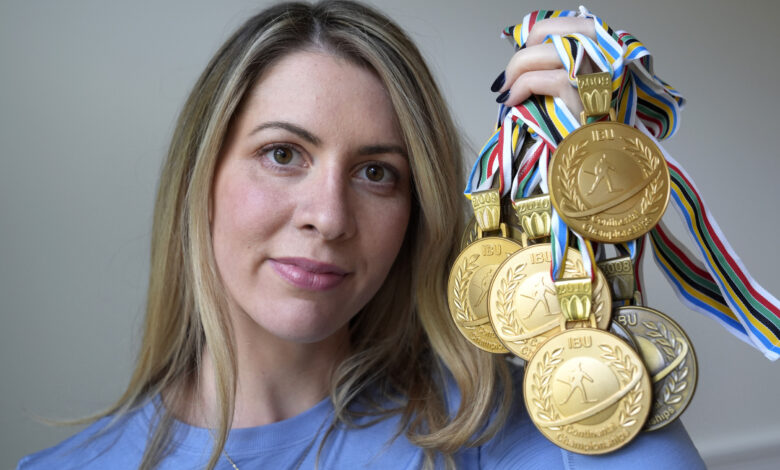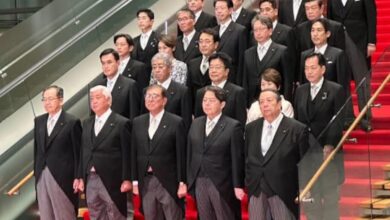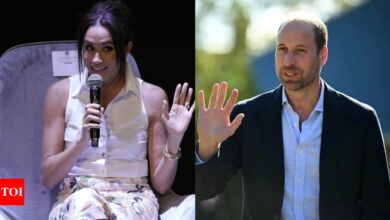Athletes accuse US Biathlon of ignoring sexual harassment and abuse

Some former Olympians and biathletes have accused the U.S. Biathlon team of ignoring sexual harassment and abuse claims.
The Accusations
The athletes, who spoke to The Associated Press, say officials prioritized winning medals over holding offenders accountable. While the men accused of misconduct advanced through the ranks of the sport, the women—who detailed a culture of abuse stretching back to the 1990s—told The Associated Press they were pressured to cut their racing careers short.
One coach stepped down after a young biathlete he was accused of sexually abusing attempted suicide, yet he was later rehired to coach the U.S. Paralympic team.
Max Cobb, whom the women say was informed of the allegations but failed to act, rose from U.S. domestic team manager to CEO of the U.S. Biathlon Association. He now serves as secretary general of the International Biathlon Union, the global governing body overseeing the sport, which combines cross-country skiing and target shooting.
Two male coaches and a former men’s biathlon team member confirmed the culture of misogyny described by the women, who reported facing retaliation after speaking out.
“My safety on the team was clearly secondary to a top-down power structure focused on image, medals and marketing,” Joan Wilder, 58, a two-time Olympian, told the AP. Wilder said her coach attempted to sexually assault her in 1990 despite complaints made to Cobb.
Grace Boutot, a 2009 Youth World Championship silver medalist, said her reports of abuse by two coaches—starting when she was just 15—were ignored by Cobb and other officials. The lack of action, she said, ultimately led to a suicide attempt.
“U.S. Biathlon leadership always seems to choose to support the predators instead of the person who was abused,” Boutot, who is now 33, said.
The women decided to come forward following an AP report detailing years of sexual abuse and harassment endured by Olympian Joanne Reid. The findings came from the U.S. Center for SafeSport, a watchdog organization established to investigate sexual abuse in Olympic sports after the Larry Nassar scandal rocked U.S. Gymnastics.
Reid told the AP that her repeated complaints to top U.S. Biathlon officials, including those passed on to Max Cobb, were ignored for three years.
AP Photo/Steven Senne/AP Photo/Steven Senne
Response
In an email statement to the AP, Cobb denied allegations that he refused to act on the claims and said, “During my 33 years at U.S. Biathlon, athlete safety was always fundamental to me and I can’t recall ever hearing from athletes or others that my efforts in this regard were not appropriate.”
Cobb declined to be interviewed about the specific allegations raised by the women, claiming that doing so would violate SafeSport’s code. An independent investigation commissioned by U.S. Biathlon following the AP report revealed that athletes faced a “misogynistic” team culture and were afraid to speak out due to fears of retaliation.
What’s Next
SafeSport has launched a new investigation into whether Joanne Reid faced retaliation for reporting her abuse to the watchdog organization. SafeSport spokeswoman Hilary Nemchik declined to comment on the ongoing case.
Olympian Deedra Irwin, a teammate of Reid currently competing on the World Cup circuit in Europe, said the misogynistic culture outlined by SafeSport worsened during Cobb’s tenure.
“Max Cobb just hired all his friends,” Irwin told the AP. “The amount of people working in USBA right now who are all ex-athletes that are all really close with Max Cobb, it’s like, OK, this is how this kept happening for so many years.”
This article includes reporting from The Associated Press.




